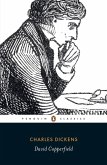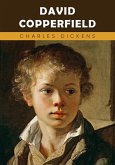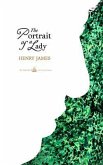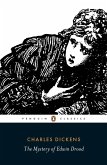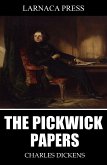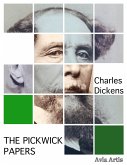Charles Dickens called his novel David Copperfield, his "favorite child," and wiser than most parents or authors in his choice of a favorite; always in favor of the most prolonged effort, David Copperfield came to him quickly. «The story bore him irresistibly along, and he was probably never less harassed by interruptions and breaks in his narrative,» says Mr. Forster. Yet Dickens made the book his favorite, agreeing, probably, with the majority of his admirers. If we had to lose all Dickens's novels but one, the choice would be hard between Copperfield and Pickwick. But Pickwick would be probably a second choice.
Dickens's reminiscences of a neglected childhood awoke in the memory, and this is all he made immortal in David Copperfield with the most tender pity and humor. Dickens was studying Copperfield at the close of 1848. And the novel is so excellent that criticism is swallowed up in pleasure. Dickens was a man with a strong memory of his childhood. This memory seems to be a privilege for an artist, or rather a constituent part of his inspiration. In George Sand's autobiography, for example, her childhood remains to her as vivid a series of pictures. The child of genius is a voyant, its spirit fades into the light of ordinary day, for the majority of humanity, but in the intellect of Dickens, George Sand, Scott, and Wordsworth, it does not fade. The artists never lose "the gleam," and to them, the bright visions of their infancy are always present. The majority of the people abandoned the gleam of childhood, but they who keep it, like Dickens, delight the world.
Dickens's reminiscences of a neglected childhood awoke in the memory, and this is all he made immortal in David Copperfield with the most tender pity and humor. Dickens was studying Copperfield at the close of 1848. And the novel is so excellent that criticism is swallowed up in pleasure. Dickens was a man with a strong memory of his childhood. This memory seems to be a privilege for an artist, or rather a constituent part of his inspiration. In George Sand's autobiography, for example, her childhood remains to her as vivid a series of pictures. The child of genius is a voyant, its spirit fades into the light of ordinary day, for the majority of humanity, but in the intellect of Dickens, George Sand, Scott, and Wordsworth, it does not fade. The artists never lose "the gleam," and to them, the bright visions of their infancy are always present. The majority of the people abandoned the gleam of childhood, but they who keep it, like Dickens, delight the world.
Dieser Download kann aus rechtlichen Gründen nur mit Rechnungsadresse in A, D ausgeliefert werden.



